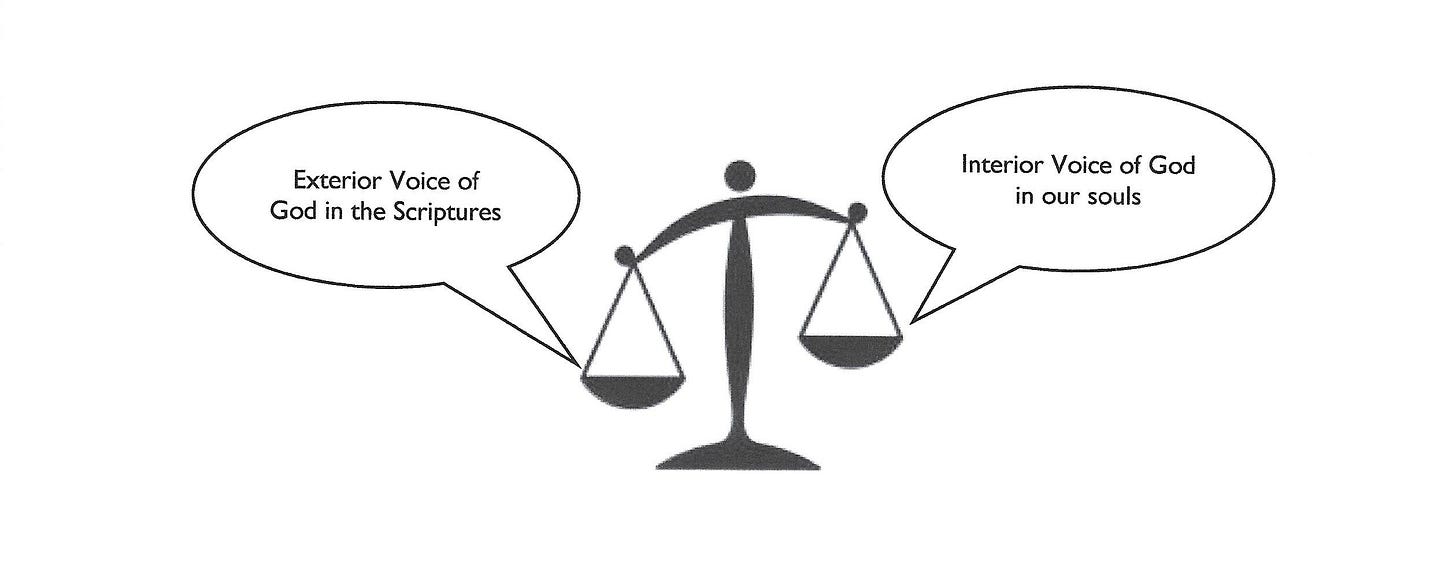Hostage Negotiations
Last week I wrote about an incident years ago when a woman tried to take me emotional hostage. It was after one of my sermons where I mentioned sexual intercourse. Her message to me was blunt: you don’t have liberty to mention sex. You do it again, I’m gone.
Part of me wanted to tell her good riddance. Yep, I was immature. I didn’t care enough to ask her why she felt offended. And I didn’t like someone trying to take me emotional hostage.
That was before I began studying conscience. Today, I’d hopefully handle situations like this a tad better. I say this because I’m learning how Paul handled Christians weighed down by a wounded conscience in the Church in Corinth. They tried to take others emotional hostage over controversial issues. Paul excelled at hostage negotiations with these Christians.
The controversial issues in Corinth centered on animals sacrificed to idols in ceremonies in the pagan temple. The less desirable parts of the animals were burned, while pagans retained the choicer parts for personal consumption. If sacrifices were made in connection with a state function, the leftover meat was often sold in the marketplace.
In the Church in Corinth, those with what Paul called a “strong” conscience felt it was entirely lawful for them to purchase and eat this meat. They were free to do so, and besides, it was a bargain! The meat was cheap. Those with a “weaker” wounded conscience felt that they and other Christians didn’t have the liberty to do this, bargain or no bargain.
Those with a strong conscience also felt it was acceptable to eat this meat as an invited guest in a pagan friend’s home. Those with a weaker conscience disagreed. Those with a strong conscience also felt it was fine to attend a pagan ceremony where the meat was sacrificed to demons. Those with a wounded conscience felt it was a no-no.
Thus, the meat was a heated issue. Those with a strong conscience didn’t like their liberty being curtailed by those with a wounded conscience. They didn’t like being taken emotional hostage. And those weighed down by a wounded conscience didn’t like the liberty that other Christians enjoyed, unaware that “food does not bring us near to God; we are no worse if we do not eat, and no better if we do” (I Cor. 8:8). Eating the meat wasn’t a sin.
But it did create a mess. If those with a strong interior conscience won their side of the argument, they’d eat the meat but their liberty might defile the conscience of weaker Christians. On the other hand, if those with a wounded interior conscience won their side of the argument, forbidding anyone to eat the meat, Christians would not enjoy the freedom for which Christ see us free. It was a hot mess.
Paul couldn’t solve this meaty problem inside the frame that created it. So he reframed the issue in I Corinthians 6:12, and later in 10:23, where Paul writes, All things are lawful for me, but not all things are beneficial. These verses “bracket” Paul’s hostage negotiations in I Corinthians chapters 8-10.
In these three chapters, Paul says believers are at liberty to choose what they do, but should exercise that liberty wisely, considering its impact on themselves and others. This wider view of the issue required giving greater weight to the exterior voice of scripture than to the interior voice which said to the strong I’m free and to the wounded, No, you’re not. By giving greater weight to the exterior conscience, Paul could solve this meaty problem.
This Friday, I’ll describe for you the hostage negotiations that came from Paul’s big picture. If I had been familiar with them back when this woman tried to take me emotional hostage, I might he been more a more understanding pastor… and a better help to her.





